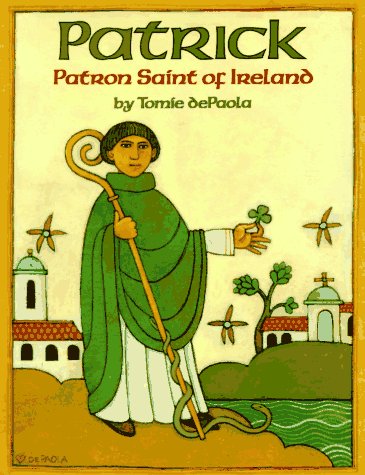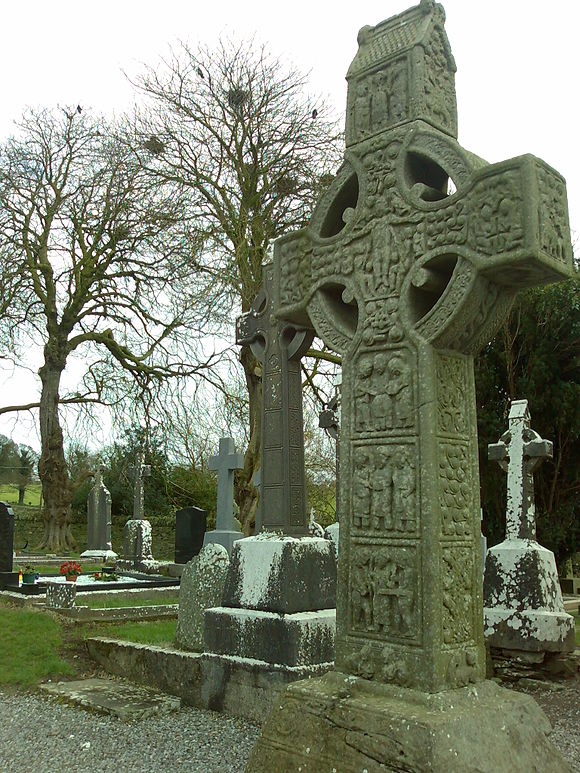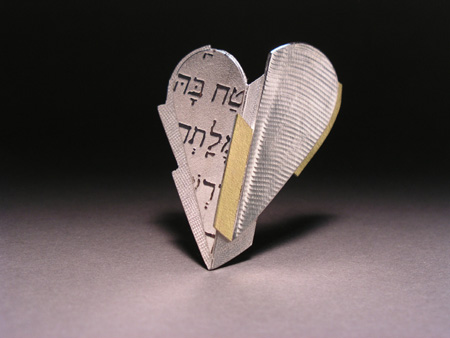Songs by Irish performers, bands, and musicians or songs about Ireland: Saints and Sinners by Paddy Casey: https://youtu.be/yMZSxehxHEc Song for Ireland by Luke Kelly: https://youtu.be/PlJVWV0MfIw Beautiful Day by U2: https://youtu.be/co6WMzDOh1o Drunken Lullabies by Flogging Molly: https://youtu.be/89NjEeHku8o The Auld Triangle by The Punch Brothers with Marcus Mumford and Justin Timberlake: https://youtu.be/ikPvlNndzho Four Green Fields by Sarah […]
St Patricks Day reflections and observances
Songs by Irish performers, bands, and musicians or songs about Ireland: ST PATRICK’S PROTECTION PRAYER Full text may be found here: https://parish.rcdow.org.uk/greenford/wp-content/uploads/sites/127/2020/03/St-Patricks-Breastplate.pdf Abbreviated version: St Patrick’s Breastplate or The Lorica I arise todayThrough the strength of heaven;Light of the sun,Splendor of fire,Speed of lightning,Swiftness of the wind,Depth of the sea,Stability of the earth,Firmness of the rock. I arise […]



